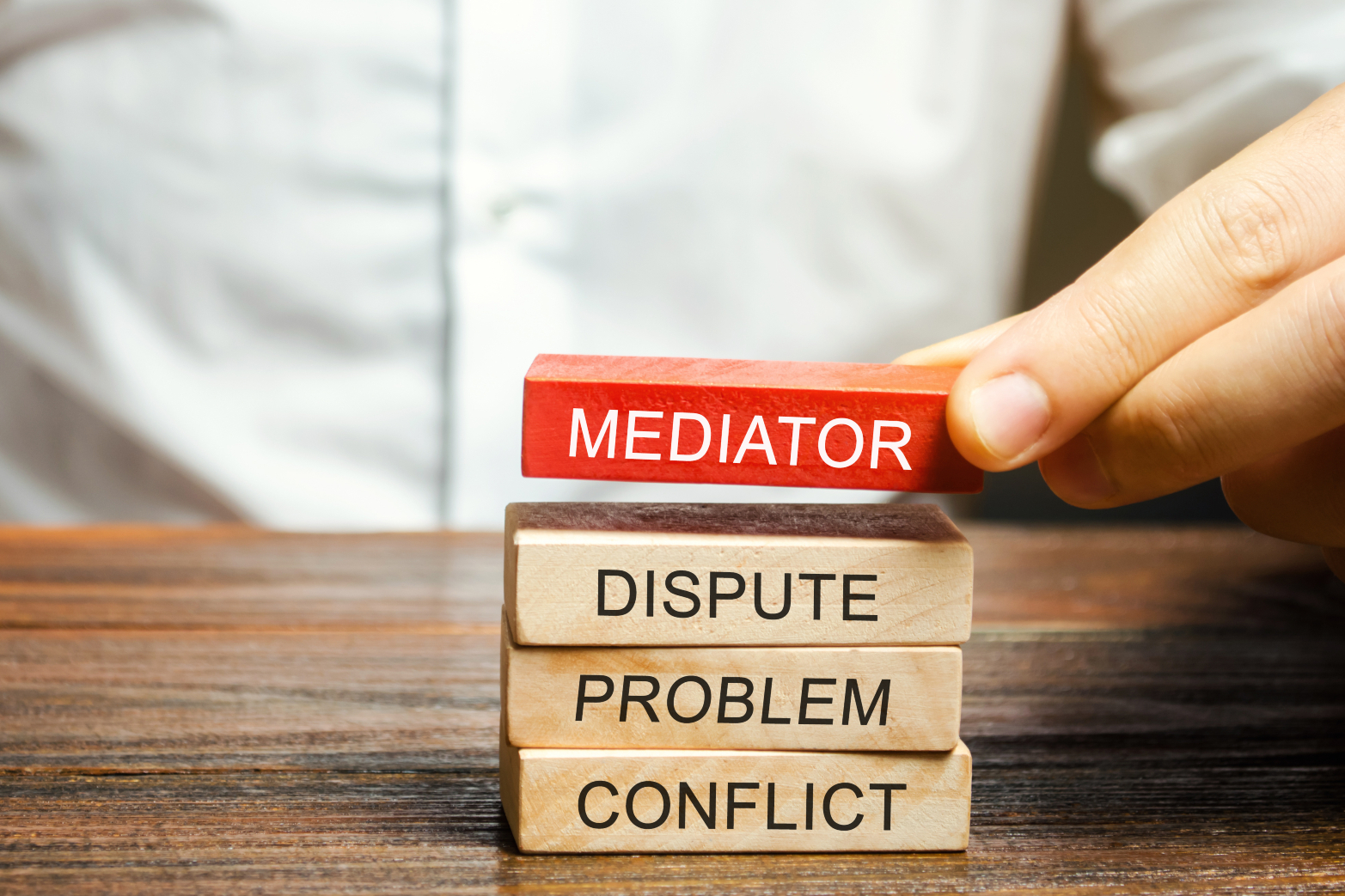
Civil mediation in Utah is a process that helps parties in a civil matter to reach an agreement through the inclusion of a trained problem-solver called a mediator. Most civil lawsuits typically involve one or both parties suing for financial damages, e.g. a personal injury claim.
Civil mediators serve when both parties in a lawsuit request it. Civil mediation is sometimes known as a settlement conference. Sometimes, experienced attorneys and other legal professionals serve as civil mediators in the state of Utah.
Who Qualifies as a Mediator in a Utah Civil Case?
In private civil mediation, both parties in the lawsuit agree on the mediator. In most instances, the civil mediator has no connection to either party. The mediator is considered a neutral party who will hear both sides of the lawsuit before rendering a decision.
Most private mediators in Utah civil cases are attorneys with special mediation experience and training. It is possible for parties in civil cases to select a mediator who isn’t legally trained, e.g. a certified public accountant.
What Types of Cases Benefit from a Civil Mediator?
Any kind of civil issue or matter in a civil case may benefit from mediation as long as both parties agree to mediation. Mediation may help the parties to avoid litigation even before the lawsuit is filed.
Utah courts encourage civil mediation in civil case disputes because (1) the Utah Court system does not have the resources to try every civil lawsuit; (2) the parties in the civil matter may reach a better conclusion in civil mediation; and (3) both sides of the lawsuit may feel more satisfied with the results of mediation.
Is Civil Mediation Costly?
When mediation is successfully used, the cost to resolve the civil matter is often much less than if the case is tried in court. Of course, civil mediation costs may differ between providers and civil mediation services in Utah.
A private civil mediator typically charges an hourly rate. Many civil cases may be resolved in several hours. Typically, both parties in the mediation pay for the mediator’s services along with their attorney.
A professional civil mediator may ask each party to pay at least half of their expected service fee as a deposit. However, either party may request a different payment schedule.
What Does Civil Mediation Procedure Involve?
The Utah State Court doesn’t demand that parties in a civil lawsuit mediate the matter before trial. The parties may be permitted to mediate the case instead of using a court-required arbitration process.
Civil cases mediated by a private mediator are often heard at the mediator’s office, at the office of either party’s lawyer, or at a place both parties agree upon. Prior to the mediation, each of the parties provides details about the case to the civil mediator. This allows the mediator to prepare for the session. Civil mediation may be a flexible process.
Often, the civil mediator hosts the first session with the parties and their attorneys. At other times, the mediation continues with the parties and their attorneys together. When required, the parties or the mediator may arrange a confidential meeting to dig deeper into a question or concern. The civil mediation process requires the mediator to discuss the matter with both parties until a mutually agreeable solution is identified.
Both parties are encouraged to speak frankly during the course of the mediation. Because the civil mediation process is confidential in Utah, both sides of the argument know they can speak openly without concern. Mediation discussions cannot be later used against either party if the matter goes to trial.
What Is the Conclusion of Civil Mediation?
Ideally, both sides of the matter reach an agreement. The attorneys or mediator may memorialize the agreement in writing. Both parties sign the written agreement to finalize the mediation process. Creating the final agreement can be complicated, especially if minor details are unresolved in the mediation. At that time, the mediator may recommend that the parties’ attorneys prepare a formal agreement to conclude the matter. It is common for the attorneys to write the final documents.
At this time, the mediation parties may agree to keep all terms of the settlement confidential. The public may know that the matter was settled and dismissed without learning what transpired in the civil mediation process. If a civil dispute isn’t resolved in mediation, the case must go to arbitration or to court. Because the mediation discussion remains confidential, the judge and jury at trial don’t learn about offers of settlement or other details of the civil mediation.
Learn More about Civil Mediation in Utah
Civil mediation is often beneficial to both parties. If you have questions about the civil mediation process in Utah, call Terry Spencer at TR Spencer & Associates.